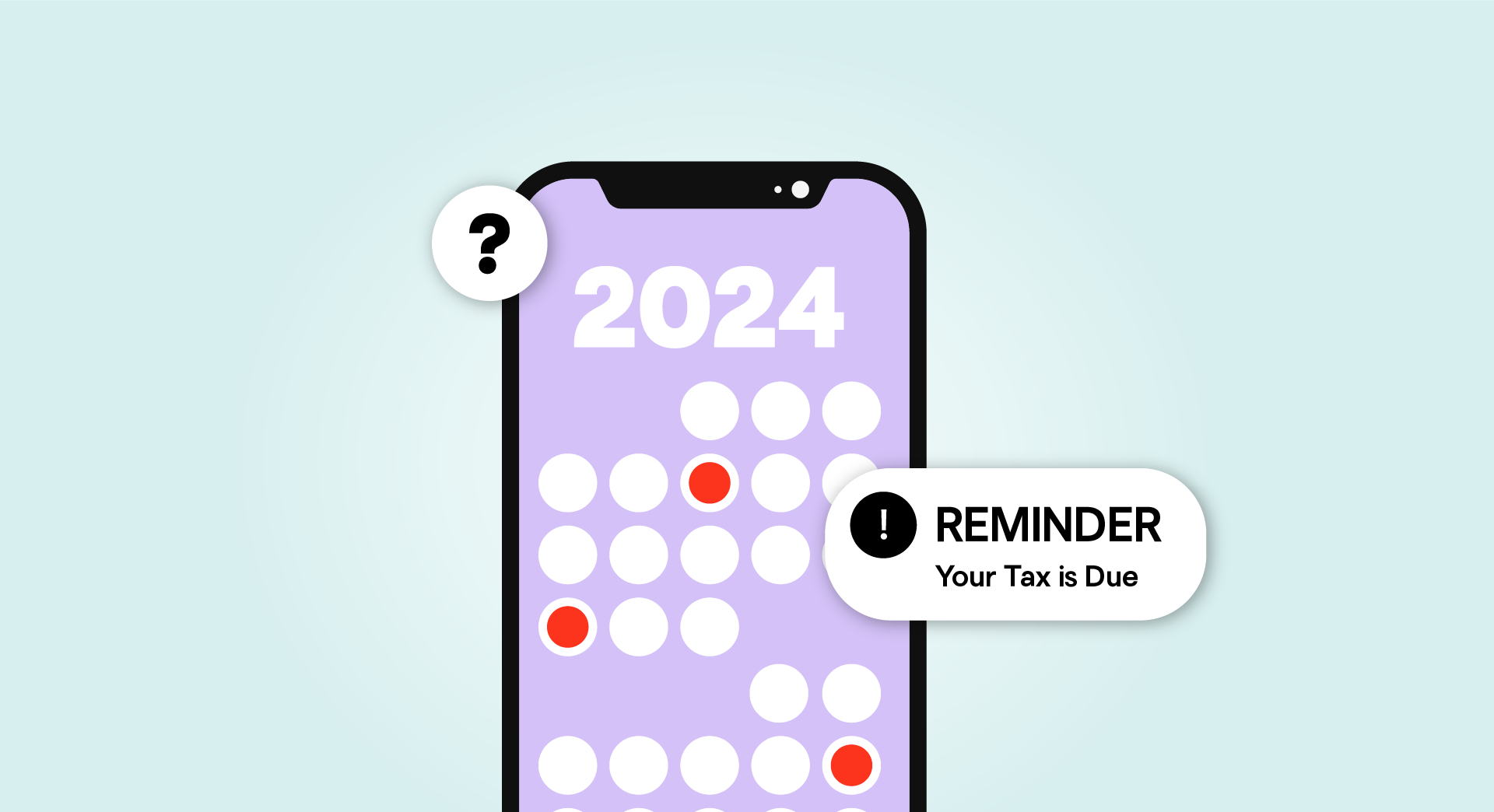No matter who you are or what job you do, it’s important to understand the obligations and benefits of paying super.
Gig contractors are considered self-employed, so it’s very different to being a standard employee.
Along with not receiving benefits like sick leave and annual leave, you won’t receive superannuation payments either. While contracting gives you plenty of flexibility and the satisfaction of working in an industry you love, it’s vital to look after your future by paying your own super contributions.
Related: Retirement planning for sole traders
Why bother paying yourself superannuation?
It’s tempting to use up all of your income on your current lifestyle, why tuck it away when you could spend it on seeing your favourite bands play in every state of Australia?
Paying super is about forward planning.
You need to think ahead to when you’re not working anymore. An article by the Sydney Morning Herald shows that the average retirement lasts around 25 years. If you’re planning on retiring early, that could range anywhere from 30-40+ years. How are you going to fund your retirement if you don’t start planning for it now?
Who should consider paying their own super
Of course, paying superannuation isn’t mandatory. But it’s a wise move to make if you’re a:
- Sole trader
- Self-employed
- Contractor
Other key benefits of paying super contributions include:
 You can claim them as a tax deduction. It’s best to chat with an accountant about the contribution limits for claiming tax on super. They’ll also help you to assess your debt and financial responsibilities to make sure it’s the best action for you to take.
You can claim them as a tax deduction. It’s best to chat with an accountant about the contribution limits for claiming tax on super. They’ll also help you to assess your debt and financial responsibilities to make sure it’s the best action for you to take.- They provide a better return on investment than a simple savings account. So, the amount you end up with when you’re ready to retire could be much higher than if you tuck savings away into a bank account.
By putting away small amounts into your superannuation over a long period of time, your money will start to build.
This will provide a cushion for whenever you’re ready to spend your days caravanning around Australia and blogging about your travels.
You could have a tidy sum to purchase a new car with a tow bar, a fancy caravan with a toilet, or even a new camera for those epic landscapes.
Your options and risks when paying super

If you decide to start paying superannuation, you have two options:
- Business revenue income: Many super funds allow lump-sum payments to allow you to work around your cash flow.
- Your wage: Set up a regular payment of at least 9.5% of your before-tax income to your super account.
The one point you have in common with standard employees is being subject to the same contribution caps. So, you need to ensure you’re aware of the cap for your income bracket. Paying super above your contribution cap may result in an excess contribution charge and you’ll most likely have to pay a higher tax rate.
Boosting your superannuation with co-contribution payments
If you’re in the low to middle-income bracket, you may be eligible for co-contribution payments. These payments are made by the government, if you’re eligible, and match your own super payments. As long as you haven’t claimed your super contributions as a tax deduction, the government will match your contributions up to a set limit.
A quick note about your tax file number
Make sure your super fund has a tax file number (how-tos here), otherwise your super fund can’t accept personal contributions from you. This may result in you missing out on the co-contributions payments.
Plus, if your super fund doesn’t have your tax file number, your contributions get taxed an extra 34% and it becomes difficult to track your super.
Are part-time or casual employees eligible for paying super?
If you’re employed on a casual or part-time basis, your employer is required to pay superannuation payments. The minimum super contribution amount is 9.5% of the value of your salary.
In most cases, you get to choose which super fund you want to set your account up with. But it’s worth asking your employer to make sure. If you don’t nominate a super fund, you’ll be set up with your employer’s default fund -- which may or may not be the best option for you.

Do your research and find a super fund that feels right for you.
Every super fund has a different fee set up and investment strategy. It’s also worth looking at what life insurance policy they have and the fund's overall performance for the last few years.
New rule changes
As of 1st July 2021, Australian employees have their current super fund “stapled” to them. If you change jobs and don’t name a super fund, your employer must check with the ATO if you have a “stapled super fund” to pay your superannuation into.
Most employers understand their obligations and look after their employees, but it’s always worth checking your payslips and super account to make sure everything looks right.
Delayed payments impact the interest you earn on your super account.
So, this makes the timing of the payments important. If you notice anything unusual, talk to your employer. If it’s not resolved you can lodge a complaint with the ATO via their complaint form or by calling 1800 199 010.
Don’t forget to find your lost super!
As a gig employee, it can be easy to lose track of superannuation -- especially if you’re shifting between employers. But it can also happen if you take a break from working to become a full-time parent or change careers.
If you suspect you might have some lost super floating around, you can track it down online and get it transferred to your new fund by referring to this AustralianSuper website.
The information contained in this blog post is provided for informational purposes only; GoDaddy recommends consulting a professional with questions. All information was accurate at the time of publication.






